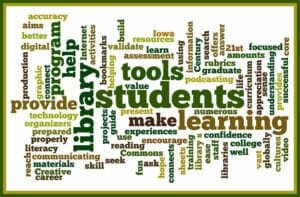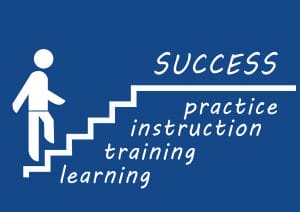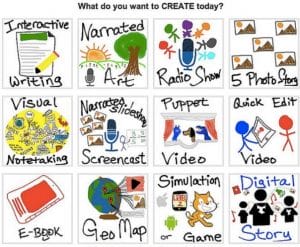 Education boards in India:
Education boards in India:
Every education institute has a curriculum to help students learn and succeed. Each school’s curriculum is defined by the education board the school adopts. In India, we have CBSE (Central Board of Secondary Education) and the State Board, which are often governed by each state. Different states in India have other curricula. The International General Certificate of Secondary Education (IGCSE) is similar to GCSE, recognized in the United Kingdom. The International Baccalaureate® (IB) offers four high-quality international education programmes.
Why is a school curriculum meaningful?
The school curriculum helps define the values, expectations, skills, and content.
– Provides standards
– Describes the syllabus for each grade
– Defines skills and content
– Provides a framework for assessments.
This school curriculum also connects the parents, students and the school.
Library curriculum? Is it necessary?
One would argue that students come to the library each week. Do we need a curriculum? Do we need assessments? Do we need syllabi?
Most schools have one or two librarians for the whole school or each section, so it is impossible to assess each student. However, a librarian might ask, are curriculums only related to assessments?
If librarians do not assess, do librarians still need a curriculum?
I think a library curriculum is essential to help the librarians define what needs to be taught and what skills, attitudes, or dispositions the librarian would like to support in the child’s learning journey.
Often the librarian role is defined as an educator who supports or builds a reading culture. The librarian might ask: How do I create a culture of reading, information & media literacy to support teachers and parents? How can I design my library lessons to meet the school’s needs?
The answers to these questions might differ for each school’s librarians. However, an overview of supporting language, reading culture, and information & media literacy skills is the same for all school boards.
Example 1
For a librarian in an IB school, collaboration is a crucial element. Librarians learn the curriculum, purchase resources to support the themes, and, through collaboration, use books and technology tools to help support content knowledge or learner profiles or conduct lessons to reinforce the approaches to learning, including research skills.
Example 2
Suppose the librarian is from a CBSE board. Librarians purchase books, manage library resources, conduct lessons to build a reading culture as well as support students in becoming proficient in navigating the information & media world. How is this going to be accomplished if they do not create a roadmap to build each skill at different standards or classes? The classroom teachers have a sequential progressive outline for each grade level; shouldn’t the librarian have a library roadmap for skills and dispositions?
Example 3
The Librarian in an IGCSE is often the only person who manages the book purchase, library resources, read-aloud sessions, and provides information and literacy skills to each grade level. How will they conduct lessons to create a deep impact and support learning if they do not have guidelines or a plan?
Is a Library Curriculum required?
At the beginning of my career as a librarian, I knew my role was managing resources and holding library classes. I randomly selected books that appealed to me and read them aloud to the children—different books for grades 1, 2, 3 and others. Sometimes, I would re-read the book to the other grade students and change some questions or even ask the same questions to another group of students. I thought I was doing my best, working hard and doing the right thing. I did not realize these random acts of reading were helpful to some degree, students enjoyed the stories, and there was an interest in supporting a reading culture.
Later, I learned the art of creating a library curriculum. Then, I realized why it was important to know why I was reading a picture book. When I understood the purpose of reading each story, I knew the purpose of including comprehension, speaking and listening targets. I knew why I was doing a poetry unit and how much time I would spend on each kind of poetry. I knew the genres I wanted to introduce to the students, and they were in sync with what was taught in class. When students were doing projects, I could teach the information and media literacy skills on time. This had an impact on students learning a skill when they needed it most. When you are hungry and given a meal, you will enjoy it, and it will nourish your body and mind. Similarly, library lessons become meaningful, purposeful, and conducted on time when a librarian has a curriculum. The library curriculum or scope provides the librarians’ role with direction and structure.
The library curriculum is not developed overnight. It requires time, effort, and support from other librarian colleagues, partners and your curriculum coordinator or your supervisor. Creating a library curriculum becomes a roadmap for the librarian. It documents all the work that the librarian is doing systematically.
Begin, with your library mission, identify skills that are overarching and include all subject matter in the curriculum. And, then design a curriculum for grade 1 and think about what your grade 10 or 12 students should be able to accomplish before they leave school. Use the Ubd- backward design model to achieve your curriculum goals. There are thousands of resources available online. Modify them to meet the needs of your students, and you will feel accomplished. It will become the best professional development for the year.



